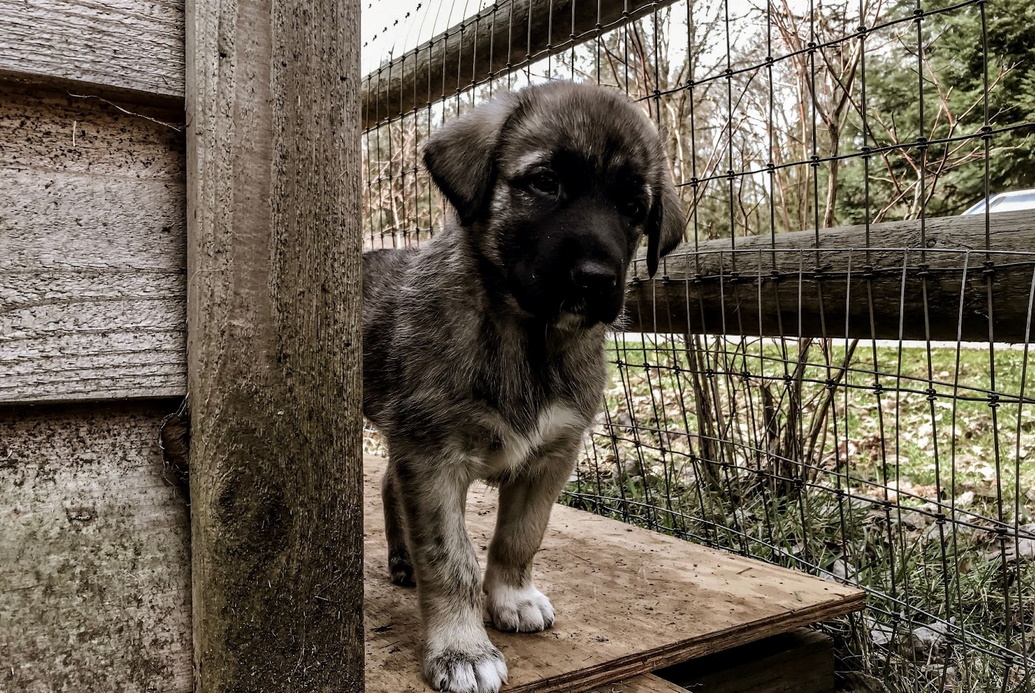Thousands of Australian pets may soon have ‘useless’ microchips. It’s a symptom of a bigger problem
- Written by Bronwyn Orr, Veterinarian, Southern Cross University

Late last year, rumours swirled[1] online that HomeSafeID[2], a private Australian pet microchip registry, had stopped operating.
On Feburary 5 2025, a notice appeared on the HomeSafeID website, ostensibly from the site’s administrator. It states the website “is likely to go offline[3]” soon due to unpaid bills. This means the database of information stored on HomeSafeID would also go offline.
There has been no official word from HomeSafeID as to the status of the company[4]. HomeSafeID did not respond when The Conversation reached out for comment.
According to the Australian Securities and Investment Commission (ASIC[5]), the company is still registered and no insolvency notice has been published. However, it’s possible HomeSafeID has stopped operating or will do so in the near future.
If this happens, any pet with a HomeSafeID registered microchip would no longer have searchable microchip details. If these pets become lost, vets and shelters will have no way of finding or verifying their owner.
The situation is a symptom of a bigger problem with pet microchip registries in Australia – a lack of national oversight.
Why should you microchip your pet?
If your pet goes missing, their microchip is key to you being reunited. Vets and shelters can scan a stray animal’s microchip, search one of the seven microchip registries in Australia, find the pet owner’s details and contact them. Pet microchips significantly increase[6] the likelihood lost pets will be reclaimed by their owners.
In fact, microchipping pets is a legal requirement[7] in all states and territories of Australia except the Northern Territory, although it is required in the City of Darwin. In New South Wales, fines for failing to microchip your pet range from A$180 to $880[8].
If HomeSafeID does go offline, many pets will have microchips that don’t connect to a database any more, making them essentially useless.
It’s difficult to estimate the scale of the problem, but it could affect hundreds of thousands of pets, including ones adopted from RSPCA Queensland.
According to ASIC, RSPCA Queensland was a part-owner of HomeSafeID until 2020. A spokesperson for the charity told The Conversation it has no current partnership with HomeSafeID, and “don’t know the extent of how many animals are affected”. Yesterday, RSPCA Queensland issued advice[10] for pet owners to check their registration details.
Where are microchip details stored?
There are currently seven registries in Australia. Five are privately owned, including HomeSafeID, and two are owned by state governments, in NSW[11] and South Australia[12]. Pets microchipped in those states are meant to be registered with the state registry.
The five private registries jointly fund a website called Pet Address[13], which allows you to search the five private databases to find where your pet’s details are stored.
However, Pet Address doesn’t cover the state registries – these have to be searched separately. Only NSW vets and “authorised identifiers[14]” (such as shelters) can access the pet owner details stored in the NSW registry.
If a pet is moved to another state but their owner doesn’t update the registry, their microchip won’t be readable in the new location by non-NSW vets and shelters.
There are currently no rules, regulations or even guidelines around how private pet microchip registries should operate in Australia. If a microchip database were to cease operating, there is no safety net to ensure information is automatically moved to another database.
What can I do to make sure my pet’s microchip is up to date?
Given current uncertainty around the HomeSafeID registry, pet owners across Australia should check their pets’ microchip numbers and find out which database they’re registered in[16].
If you don’t already know your pet’s microchip number, vets and shelters can use a microchip scanner to find that number for you. Then, you can run it through Pet Address or the SA and NSW registries where relevant, to find out which database the number is registered on.
If your pet’s microchip is currently with HomeSafeID, it might be prudent to move your pet’s details to another database. You can do this[17] by contacting one of the other microchip registries and applying to register with their database (this may involve a small fee).
Australia needs national coordination on pet microchipping
Given it’s mandatory to microchip dogs and cats, it might seem strange there are no regulations or guidelines around how microchip registries should operate. However, this is a symptom of a much bigger issue.
There is almost no national leadership or collaboration on companion animal issues in Australia. Pets are firmly the domain of state governments, with the federal government only really involved in the export and import of companion animals[18].
There are, however, avenues for national coordination. The renewal of the Australian Animal Welfare Strategy[19] is one, and the national Animal Health Committee[20] is another.
Regardless of who takes responsibility, it’s clear a round table on pet microchipping is urgently required to prevent hundreds of thousands of pets walking around with microchips that don’t work anymore.
Otherwise, lost pets may find themselves at shelters and pounds unnecessarily, and animals that might have otherwise been returned home could end up being adopted, or worse, euthanised.
References
- ^ rumours swirled (www.facebook.com)
- ^ HomeSafeID (www.homesafeid.com)
- ^ is likely to go offline (www.homesafeid.com)
- ^ status of the company (the-riotact.com)
- ^ ASIC (connectonline.asic.gov.au)
- ^ significantly increase (pmc.ncbi.nlm.nih.gov)
- ^ legal requirement (kb.rspca.org.au)
- ^ range from A$180 to $880 (www.armstronglegal.com.au)
- ^ Todorean-Gabriel/Shutterstock (www.shutterstock.com)
- ^ issued advice (rspcaqld.org.au)
- ^ NSW (www.petregistry.olg.nsw.gov.au)
- ^ South Australia (dogsandcatsonline.com.au)
- ^ Pet Address (petaddress.com.au)
- ^ authorised identifiers (www.olg.nsw.gov.au)
- ^ Lucky Business/Shutterstock (www.shutterstock.com)
- ^ find out which database they’re registered in (kb.rspca.org.au)
- ^ can do this (www.rspcaqld.org.au)
- ^ export and import of companion animals (www.agriculture.gov.au)
- ^ Australian Animal Welfare Strategy (www.agriculture.gov.au)
- ^ Animal Health Committee (www.agriculture.gov.au)



















